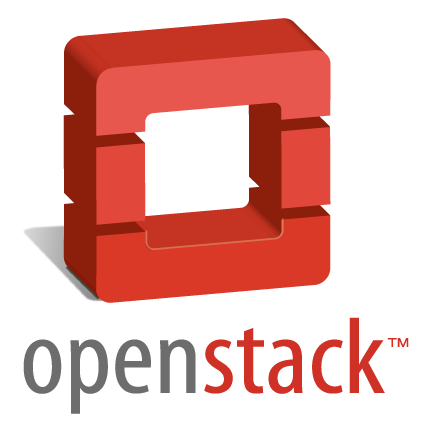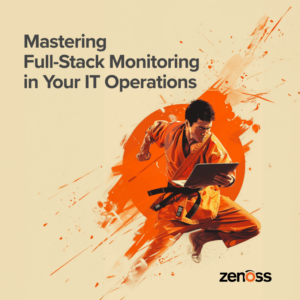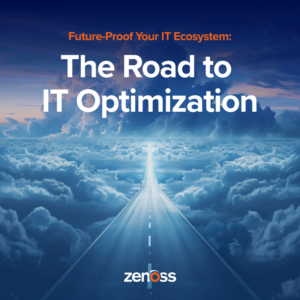
As we move from the static IT environments of yesteryear to the dynamic IT environments of today, nearly every facet of IT is under immense pressure to change and meet the demands of this new paradigm. OpenStack was born to fill a void in building private and public Clouds that are both massively scalable and open. In essence, those of us building these Clouds realized the dangers of vendor lock-in and closed proprietary software.
While development of OpenStack continues, in some cases quietly, the commercial possibilities sparked a land grab culminating with Citrix’s purchase of Cloud.com for over $200 million. In business terms, this acquisition has left no doubt that OpenStack is a growing force within the industry. In open source terms, we have contributors and consumers. In reality, the race to commercialization based on the work of OpenStack community has begun.
Legacy software and hardware vendors see the threat of OpenStack and other open source communities. Does anyone think that Oracle’s purchase of Sun didn’t involve a detailed analysis of the threat imposed by a growing MySQL community? Nearly everyone wants to become part of OpenStack and issue some grand press release or blog post reiterating a commitment to the movement. It reminds me of the Internet bubble when people would trade dollars for press releases. Simply being associated with an “Internet Company” meant an instant increase to your valuation or an uptick in your stock price.
Not to pick on HP, but their latest announcement via a blog post by Emil Sayegh, VP Cloud Services is an example of this phenomenon. Mr. Sayegh praises the OpenStack movement while committing that HP will take an active role in the OpenStack community as “we see this as an opportunity to enable customers, partners, and developers with unique infrastructure and development solutions across public, private, and hybrid cloud environments.” Translation, we are going to figure out how to make money off of this movement.
Don’t kid yourself, HP has some talented developers within their organization and I’m sure quite a few of them are involved in open source projects. From Mr Sayegh’s post, “In fact look for members of our cloud development teams that already actively participating on OpenStack’s Launchpad and irc channel…” Translation, we can’t stop this movement (internally or externally) so we are going to join it!
Finally, as my plumber has said to me many times, “the best tool in your toolbox is your wallet”, HP is sponsoring the OpenStack Design Summit and Open Stack Conference in October.
While the OpenStack community is committed to creating open software that delivers a massively scalable cloud operating system, the commercializers are committed to building strong and profitable business that uses the software to sell services, hardware, networking, and security. Can OpenStack rise above this? Can Dell, HP, Cisco, Citrix, and more work together given their competing goals? Where is IBM?
Contributor, Consumer, or Commercializer…which one are you?








